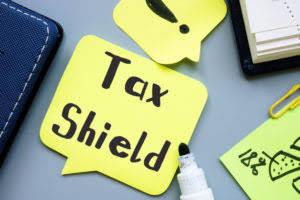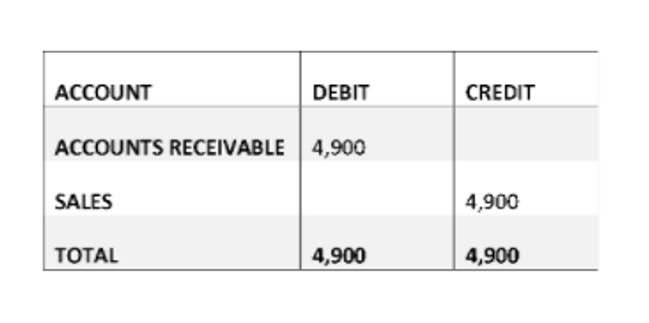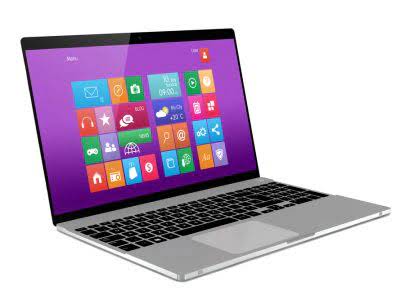
Also, the entity is required to send you the partner’s and shareholder’s instructions for How to Run Payroll for Restaurants completing Schedule NR. When completing Schedule NR, you must include in Column B of each line the income you received during the time you were a resident and the Illinois income you received during the time you were not a resident. Schedule K-1-P(2) and Schedule K-1-T(2) provide the member with instructions on how to report the income, additions, subtractions, and credits reported to them by the pass-through entity. Nonbusiness income is all income other than business income or compensation. It is income you can clearly classify as having no connection to your business.
- However, the overall impact of these changes on individual taxpayers will vary depending on their income level and filing status.
- The Illinois Income Tax Act enforces compliance through a structured penalty regime.
- Dividend income you received, other than business dividend income, is not taxed by Illinois.
- Business entities, including corporations, S corporations, partnerships, and trusts pay replacement tax on their annual tax returns.
- Read the Illinois Department of Revenue’s filing requirements for more.
Summary Table for Illinois Taxes

In these roles, Andy has seen cryptocurrency develop from an experimental dark-web technology into an accepted part of the global financial system. Illinois provides a standard Personal Exemption tax deduction of $ 2,625.00 in 2024 per qualifying filer and qualifying dependent(s), this is used to reduce the amount of income that is subject to tax in 2024. As the 2023 tax filing season begins, practitioners should also keep in mind 2024 tax numbers and rates that will impact their clients for the current year.
Earned Income Credit

Cook, Kane and Warren counties are home to the state’s highest combined sales tax rates of 11.50%, 11% and 11%, respectively. Keep in mind that this estimator assumes all income petty cash is from wages, assumes the standard deduction, and does not account for tax credits. For more details, review the Illinois Department of Revenue’s full list of individual income tax credits.
Illinois state income tax rates

This means that, unlike the federal tax system or the systems in many other states, Illinois does not adjust the tax rate based on income levels. Illinois has long been recognized for its unique approach to state income taxation, especially when compared to other states across the United States 🇺🇸. As of 2025, Illinois continues to use a flat income tax rate system, meaning every resident pays the same percentage of their taxable income, regardless of how much they earn. This update provides a detailed look at what this means for residents, recent policy developments, who is affected, what actions are required, and the broader implications for those living or planning to move to Illinois. Chicago residents are subject to federal income tax based on the progressive federal tax brackets outlined above.
How Chicago, Illinois Residents Are Taxed on Ordinary Income
Illinois makes filing state income taxes straightforward with its flat tax rate of 4.95% for all individual taxpayers. Unlike states with complex tax brackets that increase rates based on income, Illinois’s flat tax system applies the same percentage to every taxpayer, simplifying calculations and filing. Property taxes vary by municipality, but northeastern Illinois — including Chicago — has significantly higher property taxes than the rest of the state. Illinois has some of the highest average property and sales tax rates in the country. The state uses a flat income tax rate but doesn’t tax retirement income or Social Security.
- High property taxes levied not only on land but also on buildings and structures can discourage investment in infrastructure, which businesses would have to pay additional tax on.
- Most individuals who work in the state of Illinois are required to pay Illinois state income tax.
- Pass-through withholding is the payment the pass-through entity who does not elect to pay PTE tax makes on behalf of all nonresident members who did not submit Form IL-1000-E to the pass-through entity.
- Penalties for insufficient estimated payments are calculated based on the amount and duration of underpayment.
- However, federal income taxes can vary significantly depending on your income level.
These wages are identified as Illinois wages on the Illinois copy of your W-2 forms. As a nonresident, your illinois state income tax rate Social Security benefits are not taxed by Illinois. Dividend income you received, other than business dividend income, is not taxed by Illinois. Interest income you received, other than business interest income, is not taxed by Illinois. You must complete the Business or Farm Income Apportionment Formula (IAF) Worksheet.

What if I received income from partnerships, S corporations, trusts, or estates?
Backfilling forgone local property tax revenue through new state taxes is difficult because it dramatically shifts overall tax burdens, undermines local accountability, and cannot easily adjust for changing population mixes. Illinois also has a 66.5 cents per gallon gas tax rate and a $2.98 cigarette excise tax rate. The State of Illinois collects $7,379 in state and local tax collections per capita. Illinois has $13,094 in state and local debt per capita and has a 51 percent funded ratio of public pension plans. Illinois’s tax system ranks 37th overall on the 2025 State Tax Competitiveness Index.